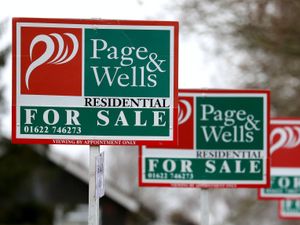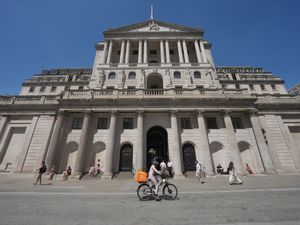Stamp duty holiday: Key questions answered
The costs associated with buying a house will come down.

A temporary holiday on stamp duty has been announced by Chancellor Rishi Sunak as part of a package to dull the economic impact of the coronavirus.
Mr Sunak detailed the Government’s plans to aid the country’s recovery on Wednesday, with a reduction in stamp duty seen as a way of helping home buyers and housebuilders.
Here, the PA news agency looks at the tax:
– What is stamp duty?
The Stamp Duty Land Tax applies to people who buy a property over a certain price in England and Northern Ireland.
The usual threshold means property costing more than £125,000 is liable for the tax, although stamp duty discounts have been available for first-time buyers.
– What changes has the Chancellor announced?
The Government has introduced a temporary increase to the “nil rate” band of stamp duty from £125,000 to £500,000, which applies until March 31 next year.
– What will this mean for buyers?
It means that in England and Northern Ireland nearly nine in 10 people getting on or moving up the property ladder will pay no stamp duty.
Some 87% of primary residence transactions will no longer involve stamp duty, and outside London and the South East the percentage rises to 93%.
The measure will reduce the average stamp duty bill for a main home from £4,500 to zero, and buyers can save up to £15,000.
– What has the reaction to the announcement been?
It is hoped this will help give the property market a reboot after transactions ground to a near-halt during the lockdown.
Property professionals are hoping buyers and sellers who have been missing from the housing market since the coronavirus crisis struck may be encouraged to come forward.
Some buyers have said they will spend the money saved on furnishings, which could help to boost other parts of the economy, or on buying a bigger property than they had expected to be able to afford.
However, some sellers may be tempted to hike their asking prices, in the hope that buyers who are saving money on stamp duty will be willing to go a bit higher.
Housebuilders hope the move will help to stimulate the economy and jobs as well as having an immediate impact on the housing market.
It is hoped that the many people working in the housing supply chain and the construction sector will be helped as the impact of the stamp duty cut ripples out.





